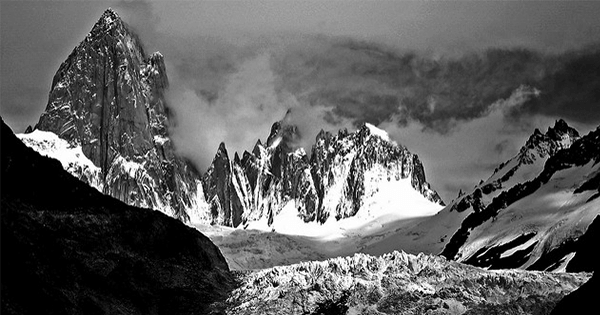
Every book is a world between two covers, and a great adventure tale takes readers on amazing, enlightening, and occasionally harrowing voyages into worlds they might not otherwise visit. Some adventures involve white-knuckle danger: crack the cover and you might find yourself lost in the Amazon jungle, tossed on the high seas, or trapped in a polar blizzard. Other adventures are less physically threatening but still require courage in some measure, and the willingness to step into the unknown. But there is one characteristic every adventurer shares: a sense of curiosity.
This list focuses on riveting stories with a high degree of jeopardy, journeys that often placed the authors themselves in peril. Of my 10 picks, two involve war—obviously danger of the most tragic kind and not an adventure that anyone hopes for. I include them because they are stunning examples of how language can be used to heighten even the most extreme situations. The remaining eight books span a universe of exploration and daring, of successful and disastrous forays into the wilds of the natural world and the human spirit.
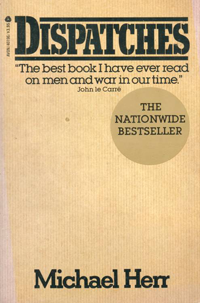
Dispatches by Michael Herr. A masterwork of literary journalism about the hallucinogenic horrors of the Vietnam War. Herr’s account makes clear that no one who witnessed Vietnam made it out unscathed—including him.
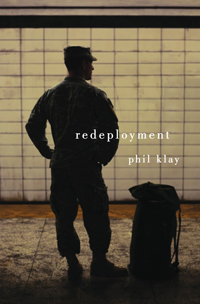
Redeployment by Phil Klay. This collection of short stories set during the Iraq War won the National Book Award for Fiction in 2014. It’s easy to see why: Klay’s voice is distinct, irreverent, and brilliantly terse.
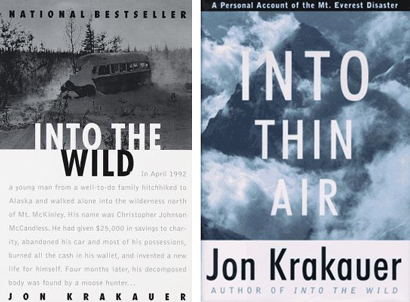
Into the Wild and Into Thin Air by Jon Krakauer. These two books are among the most influential and moving adventure stories of all time. Krakauer holds nothing back in either one. Into the Wild is the story of Christopher McCandless, an idealistic young man who loses his life while trying to find himself in backcountry Alaska; Into Thin Air chronicles the devastating 1996 climbing season on Mount Everest, which ended in disaster when two groups of mountaineers were trapped at high altitude during a whiteout, Krakauer among them. I had the great fortune to work at Outside magazine during the ’90s, where both of these stories were first published as feature articles. None of us will ever forget the hours that passed while we waited to find out if Jon, our friend and colleague, had made it back safely from the summit of Everest. Thankfully, he did. Five of his teammates did not.
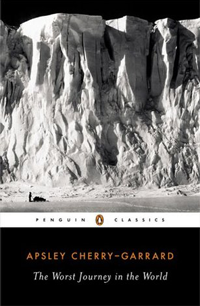
The Worst Journey in the World by Apsley Cherry-Garrard. Is there a difference between adventure and misadventure? For the members of Robert Falcon Scott’s doomed Antarctic expedition in 1910, the answer was clearly no. Cherry-Garrard, an amateur biologist tasked with collecting penguin eggs in cold so extreme that his teeth shattered, survived to describe the ordeal. His compatriots—including Scott himself—were not so lucky.
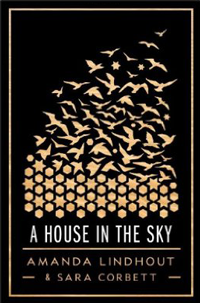
A House in the Sky by Amanda Lindhout and Sara Corbett. As a girl growing up in the hardscrabble town of Red Deer, Alberta, Amanda Lindhout was inspired to roam the globe by the lush photography she saw in National Geographic. Funding her travels with waitressing tips, she set out for the world’s most distant corners, ultimately ending up in Somalia, where she was abducted by extremists and held hostage for 460 days.
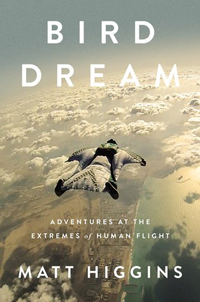
Bird Dream by Matt Higgins. Who among us hasn’t dreamed of being able to soar over mountaintops like a bird? The larger-than-life characters in Higgins’s colorful book do more than just imagine it. Follow along as they create the most dangerous, adrenaline-charged sport in the world: wingsuit flying.
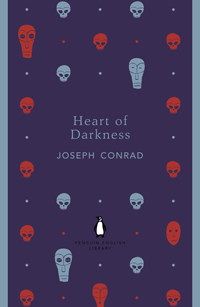
Heart of Darkness by Joseph Conrad. This timeless novella is an investigation of the shadowy border that lies somewhere between civilization and savagery. Conrad weaves a tight web of psychological and physical discomfort set in the hardest of places, at the most disturbing of times: the interior of Congo during the colonial era.
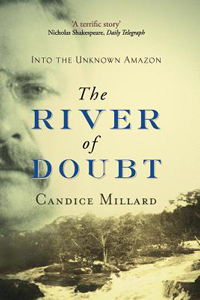
The River of Doubt by Candice Millard. A richly drawn account of Theodore Roosevelt’s astonishing, punishing journey down an uncharted vein of the Brazilian Amazon. Deadly snakes? Hostile natives? Flesh-eating bacteria? Murder? Check, check, check, and check—and the list of hardships goes on. From its first paragraph, Millard’s book pulls readers along as inexorably as the rapids that almost cost our 26th president his life.
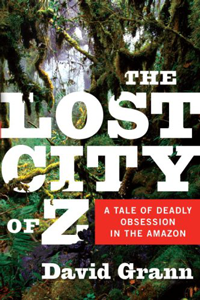
The Lost City of Z by David Grann. Grann retraces the footsteps of Percy Fawcett, the famed British explorer who disappeared in the Amazon jungle nearly a century ago while searching for a lost ancient city, rumored to have been the home of a sprawling, sophisticated civilization unknown to archaeologists. Fawcett’s story makes for compelling reading, but what sets Grann’s book apart is its author’s jaw-dropping quest to find what Fawcett could not.

